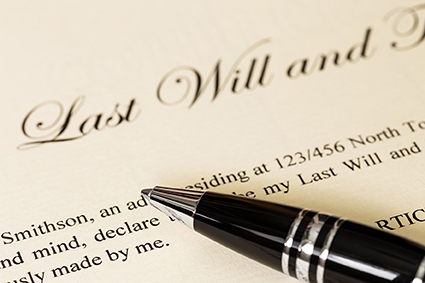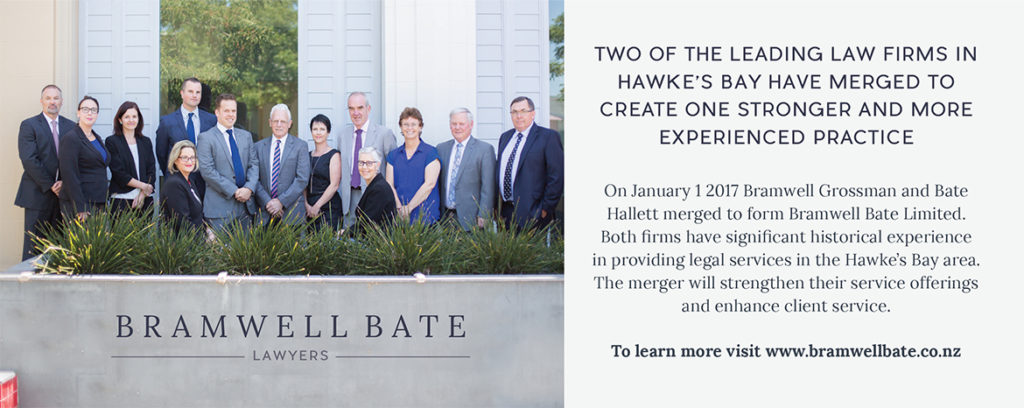On death a person’s assets form their “estate” which is subject to the wishes or intentions of the deceased’s Will or if they do not have a Will by the “rules on intestacy.”
While many would acknowledge that they should have an up-to-date Will, it is surprising how many people do not have a current Will or one at all.
Regularly reviewing your Will is as important as initially making one to ensure that your Will reflects your current circumstances and any changes in your life such as the death of a close family member, the creation of a trust or establishment or entry into your own business.
Some matters to consider when creating or reviewing a Will are:
1. Identity of your Executors and Trustees. Who would you like to administer your estate or are those currently selected still appropriate?
2. Funeral directions. Do you wish to make such directions or change any existing directions?
3. Changes in your personal circumstances. Unless your Will was made in contemplation of marriage then any Will you have will be automatically revoked when you marry.
You also need to consider your Will if your relationship ends. If you separate with the intention of ending the marriage, provisions in your Will relating to your spouse will remain valid until the marriage is legally dissolved (that is, you are divorced), only then the gifts are null and void.
4. Changes in assets and liabilities. For example, if you have acquired a new asset, such as a business, then you may wish to give the business (or the shares) to a specific person. If you don’t make a specific direction then (if you have a Will) it will simply form part of your estate and go to the beneficiaries.
5. Changes to your family. If you have had children then you may wish to appoint a testamentary guardian.
6. Death of a family member or beneficiary. For obvious reasons this may necessitate a change to your Will.
7. Setting up a family trust. If you have or have set up a family trust you will need to ensure that your Will reflects this and (if appropriate) refers to it.
8. Gifts to charities or organisations. You may wish to leave money to a favourite charity or organisation.
9. Specific gifts. If you want to leave an important item such as jewellery or a family heirloom to a particular person then this should be specified in your Will.
If you die “intestate”, i.e. without a Will, then your estate is subject to the “rules on intestacy” which prescribes to whom, and in what proportions, your estate will be distributed, which may not reflect your wishes.
To help illustrate the point, let’s consider an example:
John and Jane are married, with a son and two daughters. John and Jane have a jointly owned home and a joint bank account. John also has his own construction company. John’s son, James, operates the business with him and it is John’s wish for James to take over the business from him when he retires.
John dies unexpectedly and he does not have a Will.
The home and bank account will pass to Jane by survivorship, however the business will fall into John’s estate and be governed by the “rules on intestacy”.
The business is valued at $515,000.00.
Jane will receive all of John’s personal possessions (basically everything other than land, buildings and money) and shares valued to $275,000.00, which is made up of:
• The legally prescribed set amount of $155,000.00; and
• A 1/3 of the balance of the estate of $120,000.00.
James and his two sisters will each receive shares valued to $80,000.00 (being the other two thirds of the balance of the estate).
This does not reflect John’s wish to pass the business to James and in addition leaves control of the business to Jane (53.39%) while James (and his two sisters) would only have 15.53% each. Significantly James would only be a minority shareholder and would not be able to prevent the business being sold by his mother and sisters.
Finally, another advantage to having a Will is that it usually costs more and takes longer to administer an intestate person’s estate.
If you do not have a Will or have not reviewed your Will for several years then I advise that you discuss this with your lawyer sooner rather than later.



